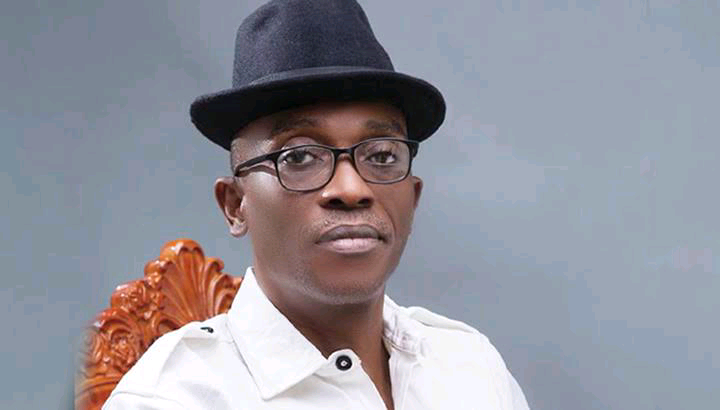Factional Chairman of the Labour Party (LP), Julius Abure, has responded to criticism over his recent meeting with the Minister of the Federal Capital Territory (FCT), Nyesom Wike, clarifying that the visit was a personal engagement and not politically motivated.
Abure’s explanation followed a wave of backlash from sections of the Labour Party after photos of his meeting with the FCT Minister surfaced online last week.
Some party members accused him of undermining the LP’s principles and raising questions about his loyalty.

Addressing the controversy during the Labour Party’s National Executive Committee (NEC) meeting held in Abuja on Monday, Abure insisted that the meeting had been wrongly interpreted and misrepresented in the public domain.
“I have the right, as a Nigerian, to interface and interact with anybody, with any public officer in the Federal Government of Nigeria,” Abure said. “The meeting was privileged and, therefore, was purely a private meeting.”
He refrained from providing details of the conversation but maintained that there was no political motive behind the visit.
Abure’s comments were aimed at calming tensions within the party ranks and dispelling speculations of a possible alliance with Wike, who is a member of the ruling All Progressives Congress (APC) and a controversial figure among Labour Party loyalists.
The development comes at a time when internal disagreements and factional disputes continue to trouble the Labour Party’s national leadership. Abure’s camp has been locked in a leadership tussle with other factions since the 2023 general elections, where the party gained significant popularity through its presidential candidate, Peter Obi.
Party insiders say the meeting with Wike was seen by some members as an act of betrayal, given the LP’s strong opposition to the APC-led federal government.
However, Abure’s defence suggests that the engagement was more of a personal nature than a political one.
Despite the clarification, concerns remain within the party about the implications of such high-level contacts and the need for transparency among party leaders.
As the Labour Party prepares for upcoming elections and continues to build on its post-2023 momentum, party unity and public perception are expected to play a crucial role in its future political direction.
Support InfoStride News' Credible Journalism: Only credible journalism can guarantee a fair, accountable and transparent society, including democracy and government. It involves a lot of efforts and money. We need your support. Click here to Donate
